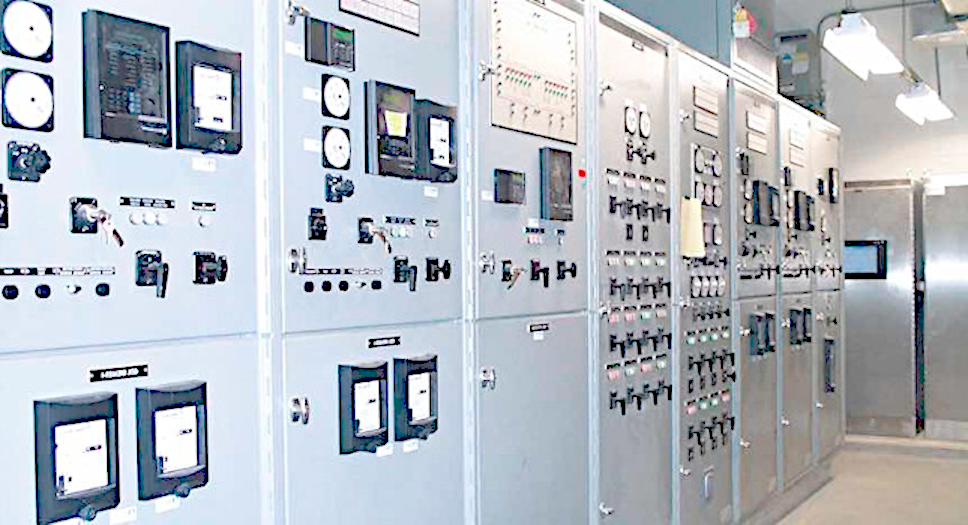Electrical Engineers play a crucial role in the development and implementation of digital technology. Digital technology encompasses a wide range of applications including computer systems, telecommunications, digital signal processing, control systems, and more. Electrical engineers are involved in designing, testing, and improving digital systems to meet various requirements and specifications.
Communication Systems
Digital technology has revolutionized communication systems, enabling high-speed data transmission and reliable communication networks. Electrical engineers design communication systems including wired and wireless networks, modems, routers, and antennas. This is best applied in SCADA systems.
Control Systems
Digital control systems are used in various applications such as industrial automation, robotics, and aerospace. Electrical engineers design control algorithms and implement them using digital hardware such as microcontrollers or programmable logic controllers (PLCs).
Power Electronics
Digital technology has also transformed power electronics, enabling efficient power conversion, motor control, and renewable energy systems. Electrical engineers design digital control algorithms for power converters and implement them using digital signal processors (DSPs) or FPGAs. Examples of these are converters, inverters, variable frequency drives, etc.
Emerging Technologies
Electrical engineers are at the forefront of developing emerging digital technologies such as artificial intelligence, machine learning, quantum computing, and internet-of-things (IoT) devices. They explore new ways to integrate these technologies into existing digital systems to create innovative solutions. A fully automated residence is a good example of this technology.
What Next?
In essence, electrical engineers are instrumental in driving the advancement of digital technology, shaping the way we live, work, communicate, and interact with the world around us. Their expertise in designing, implementing, and optimizing digital systems is essential for the continued evolution of technology in the digital age.
The digital interconnectivity of Electrical Power, Control Systems and automation systems requires Electrical Engineers to be knowledgable of digital technologies. Whatever field of Electrical Engineering you are into, if you have not yet started, now is the best time to start learning.
